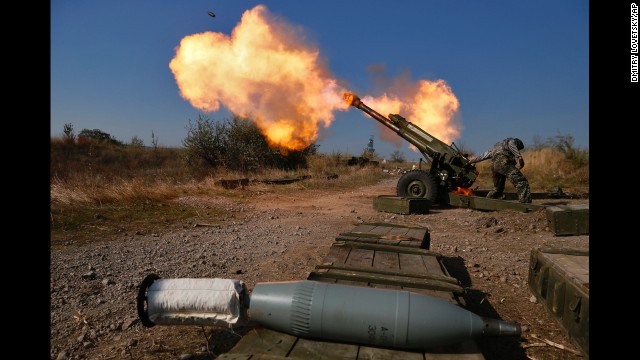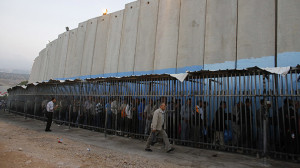By Hojin Choi
Impunity Watch Reporter, Asia
PYONGYANG, North Korea – Japan and the European Union circulated a draft resolution encouraging the U.N. Security Council to refer potential human rights violations in North Korea to the International Criminal Court (ICC). The draft resolution is based on a 372-page report from the U.N. Commission of Inquiry on North Korea, led by chief author, Michael Kirby, a retired Australian judge.
The report described wide-ranging human rights abuses, including torture, starvation, rape, enslavement and killing that could only be described as “extermination.” The report also highlighted prison camps, alleged to be political detention facilities holding some 120,000 individuals. The North Korean regime has vehemently denied the existence of any such facilities.
43 U.N. member-states have signed on in support of the draft resolution. The resolution will be discussed in the General Assembly’s Third Committee, which generally deals with human rights issues. While no members of the General Assembly hold a veto power, unlike the Security Council, the General Assembly does not have authority to issue legally binding orders.
This is the first time that any member-states have moved to refer the North Korea case to the ICC. The coalition was built largely on support from the United States. John Kerry, the U.S. Secretary of State, made a bid to raise the profile of human rights issues in North Korea. The U.S. Ambassador to the U.N. presented an award to Michael Kirby in a display of gratitude and support for the draft resolution and its findings. Kirby urged the member-states to push the Security Council to refer the case to the ICC.
“The truth in this report is very concerning to the world community, and your country has to face up to it,” Kirby proclaimed.
China and Russia, two of the fifteen member-countries of the Security Council, will likely use their vetoes against any attempts to refer the case to the ICC. The Foreign Ministry Spokesperson for China, Hua Chunying, said during a daily news briefing, “we believe that for the issue of human rights, referring a case to the ICC is not helpful to improving a country’s human rights situation.”
Kirby, anticipating China’s veto, commented that “we [will] continue to [work] in hopes that China, as a great power, will act as a great power should.”
North Korea refused to admit to any of the allegations contained in the report. North Korea’s Deputy U.N. Ambassador, Jang Il-hun, said that “in my country we don’t even know the term ‘political prisoners.” He warned that North Korea would take countermeasures against any efforts to charge the leader, Kim Jong-un, with human rights violations at the ICC.
On October 15, North Korea circulated another draft resolution calling for “an end to the practice of calling into question the human rights situation of specific individual countries.” About 60 U.N. member-states attended the meeting.

North Korea also insisted that the country has improved its human rights situation by providing a “free, compulsory educational system” and “free medical care.” It said the report was based on “wild rumors” spread by “hostile forces.”
Even though the General Assembly resolutions have almost annually criticized human rights situations in North Korea, Iran, Myanmar, and Syria, this is the first time such a resolution has recommended referral to the ICC.
For more information please see:
The New York Times – Coalition Seeks to Send North Korea to International Court Over Rights Abuses – 25 October 2014
Reuters – At U.N., China asked to back rights case against North Korea – 26 October 2014
The Korea Times – Pyongyang challenges UN’s accusation of human rights violations – 26 October 2014
Reuters – U.N. draft urges ICC referral for North Korea, but Pyongyang fights back – 9 October 2014
The New York Times – North Korea Challenges U.N. Report on Violations – 20 October 2014




